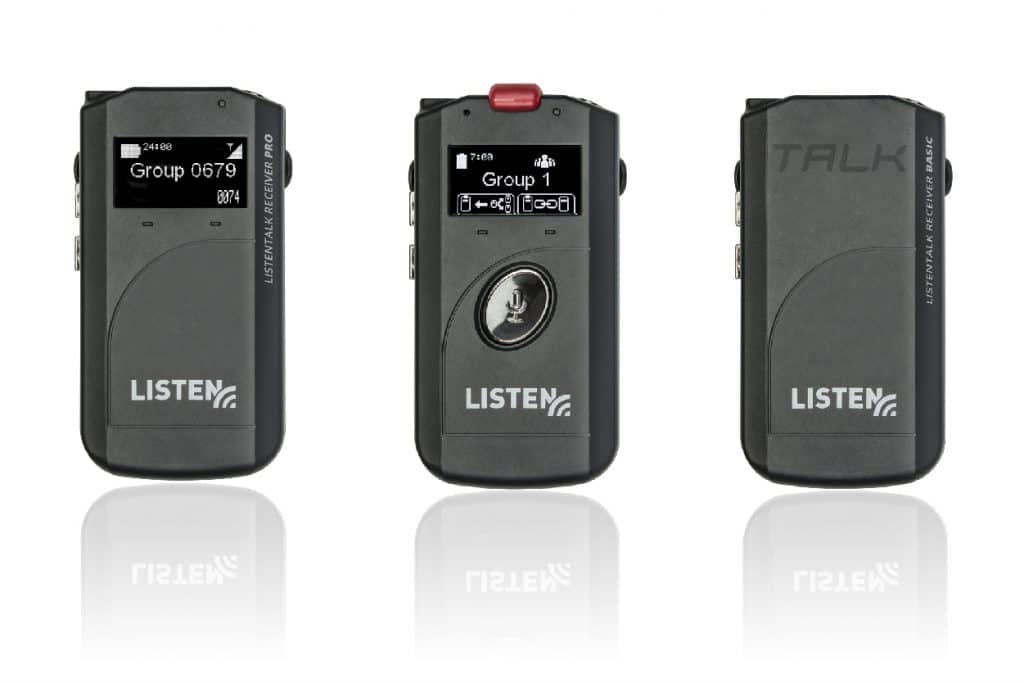- Loading…
Very recently, I had the pleasure of presenting to the Certified Access Specialist Institute (CASI) in California. CASI is devoted to influencing positive change through awareness and proactive adaptation in building access. As one of the Co-Founders of Listen Technologies and a passionate advocate for Assistive Listening, Americans with Disabilities Act (ADA) Compliance, and for people with hearing loss, this was a wonderful opportunity to build awareness.


Most of us do not have hearing loss, yet people assume that if someone has a hearing aid that their hearing is somehow magically restored.
For people with hearing loss, the solution is not just about increasing the volume of a sound, it is also about intelligibility. Consider the following:

We would love to deliver valuable insights right to your inbox once a month.

We would love to answer your questions, provide you with a detailed quote, or send you more information.
14912 Heritage Crest Way
Bluffdale, Utah
84065-4818 USA
Phone: +1.801.233.8992
Toll-Free: 1.800.330.0891
Office Hours
8:00 am – 5:00 pm MT
Monday – Friday
First, select the calculator type, USA (for Americans with Disabilities Act - ADA), California (for California Building Code), or Australia (for Australia's Disability Discrimination Act 1992). Enter the seating capacity and the number of minimum assistive listening devices required and the minimum number of neck loops will automatically populate based on the calculator type selected.
Kenny
posted on Monday, March 10, 2014 8:29:56 AM MDT